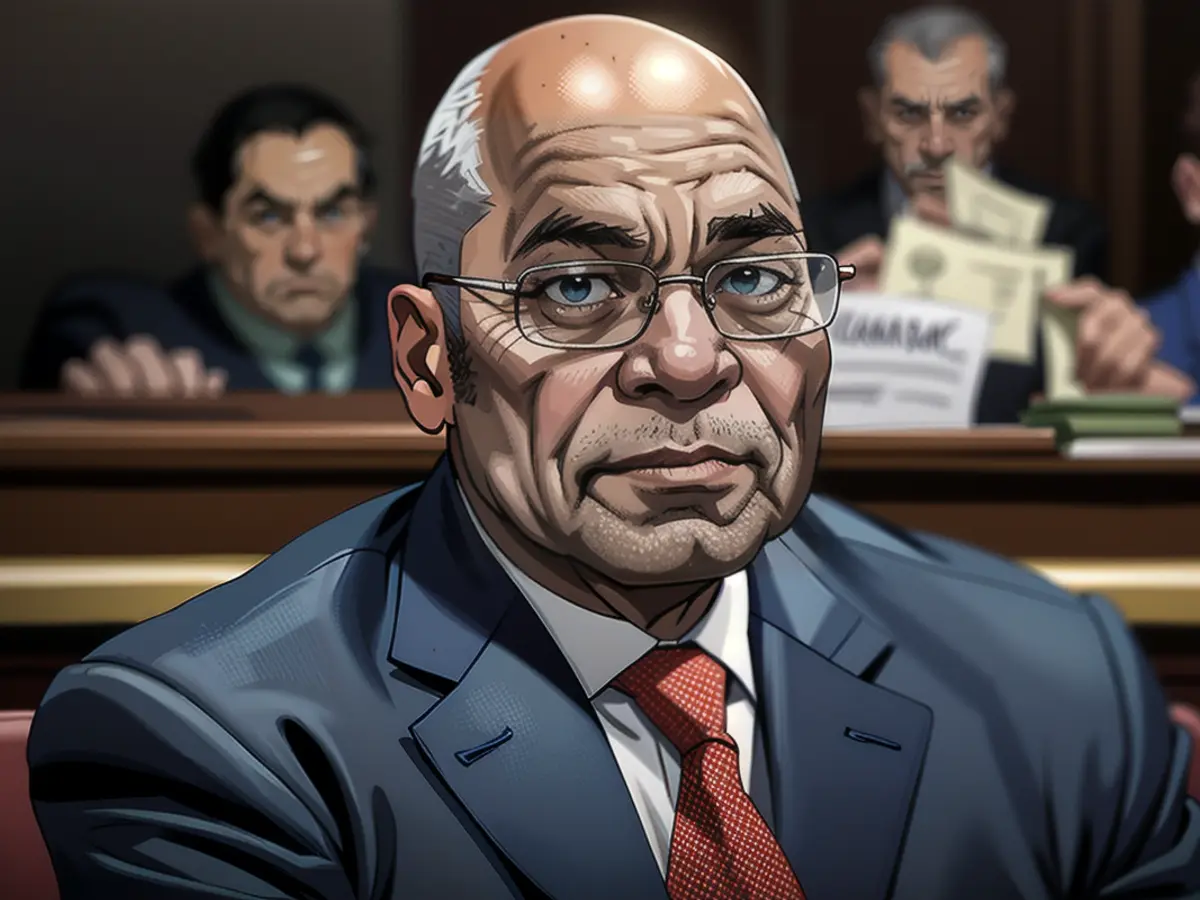The Conservatives in Britain experience significant setbacks, possibly indicating trouble for Rishi Sunak.
About a third of the election results have been declared, revealing that the Conservatives have lost over a hundred council seats and one parliamentary seat in a by-election. This suggests that polls where Prime Minister Rishi Sunak and his party are trailing by a significant margin are accurate. If an election were held at this point, the opposition Labour Party would likely take power.
Conservative supporters are trying to find positive aspects, with one campaign source stating, "Although this is a tough night for the Conservative party, we can see that there is no love for (opposition leader) Keir Starmer." However, it's worth mentioning that some losses were not wholly attributable to Labour gains. Various parties across the political spectrum, including the newly emerged populist right-wing Reform UK, benefited from the Conservatives' poor performance.
These outcomes do not give us a definitive timeline for when the general election will take place. The only person who can make this decision is Sunak, who has until December 17 to call an election.
Conservatives are divided on when they believe Sunak should call the election. So far, he has only publicly committed to an election occurring in the second half of 2024. The reality is that there is no ideal moment for Sunak to call the election. In every possible scenario, few people believe he has any chance of winning another term, instead focusing on what might be the least damaging loss.
Recent conjecture has suggested that he could hold an election as early as July.
Advocates for a summer election argue that Sunak could present a more optimistic narrative than he has been able to for quite some time. His key immigration policy, involving sending asylum seekers to Rwanda to have their claims reviewed, is finally underway. Earlier this week, the government released a statement highlighting a successful round-up of asylum seekers destined for Rwanda. While the images of asylum seekers in handcuffs and loaded into vans met with mixed reactions, the message was clear: We're serious, and our plan is working.
Sunak has other positive stories to highlight compared to the preceding months of unrelenting gloom. While the rate of interest rate reductions hasn't been as quick as hoped, the economic situation has improved. Tax cuts for workers are now taking effect, and he has pledged to raise British defense spending to 2.5% of GDP.
The closeness to favorable news might help Sunak fend off attacks from the right, who have been pressuring him on immigration for months. The longer he postpones, the more time the public – particularly those most concerned about immigration – will have to scrutinize the policy for potential flaws.
Others think he should wait until the end of the year for a longer runway to improve the situation.
It is true that Sunak inherited a chaotic situation from his two predecessors, Boris Johnson and Liz Truss. Johnson had to step down due to numerous scandals dogging his premiership, while Truss became the shortest-serving PM in history after her disputable economic policies led to a dramatic decline in the pound's value against the dollar. This left Sunak in a difficult position with the public, placing him behind in the polls. But the situation has not improved since he took office late in 2022, and there's a high chance that his wait might lead to things getting even worse.
Sunak faces an uphill battle. Virtually no one thinks he will be in power this time next year, and even his allies have resigned themselves to viewing the remainder of his term as damage control. Of course, there's always the possibility of a game-changing event, but that seems improbable given his tenure thus far.
Read also:
- This will change in December
- Dikes withstand water masses so far - Scholz holds out the prospect of help
- Fireworks and parties ring in 2024 - turn of the year overshadowed by conflicts
- Attacks on ships in the Red Sea: shipping companies avoid important trade route
Source: edition.cnn.com







